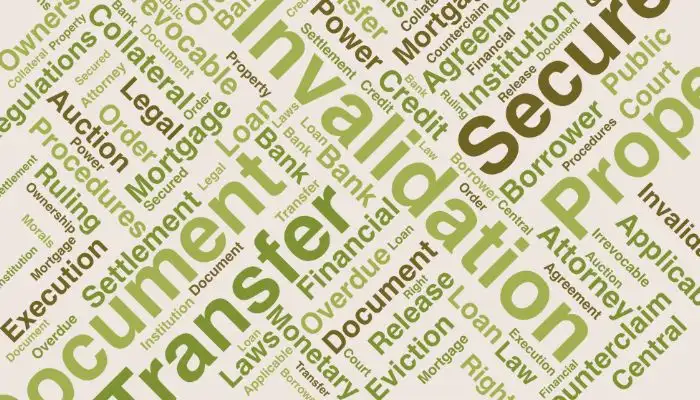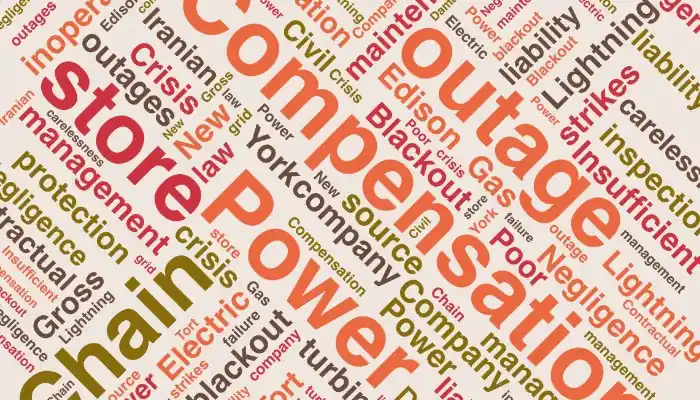Regarding the bank loan between “K” Financial and Credit Institution as the lender and “A” Company as the borrower, in addition to drafting a mortgage document for the collateral, a settlement agreement and an irrevocable power of attorney were also prepared and executed.
When the granted loan became overdue, the financial and credit institution took steps to release the mortgage. Using the irrevocable power of attorney and without following the legal procedures governing mortgage documents and transactions with the right of redemption (such as issuing an execution order and holding an auction), the institution transferred the full ownership of the collateral to itself. Ultimately, by filing a lawsuit requesting the eviction of “A” Company the institution sought to remove the company’s possession of the property. In response, “A” Company filed a counterclaim requesting the invalidation of the official transfer document. Due to the common origin of both cases, an order was issued for the joint hearing of both claims.
The attorney for the financial institution stated in response that the borrower had authorized the institution to collect its claim using the power of attorney from the mortgage document. The terms of the power of attorney were not in violation of the applicable laws, public order, or good morals.
Summary of the Court Ruling:
… The action taken by the credit institution to transfer the official property deed, which was provided as collateral for the loan agreement, without following legal procedures and contrary to the laws and Central Bank regulations (which banks and other financial institutions are obliged to follow under Article 37 of the Monetary and Banking Law of the country), is invalid. The defendant in the counterclaim (the credit institution) must act according to mandatory laws and regulations to collect its claim. Therefore, obtaining an irrevocable power of attorney and drafting a settlement agreement was also contrary to mandatory rules. Considering the above and based on the relevant articles, the adjudicating court finds the main plaintiff’s request for the eviction of the said property to be unfounded and issues a ruling of no right in favor of “K” Financial and Credit Institution. Regarding the counterclaim by the plaintiff (“A” Company), given the aforementioned points, the court finds the claim valid and issues a ruling invalidating the official deed mentioned in the claim.




